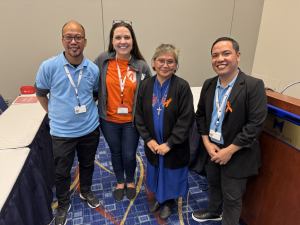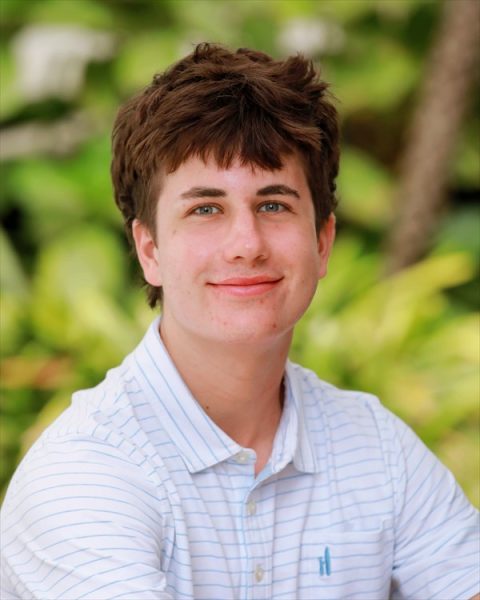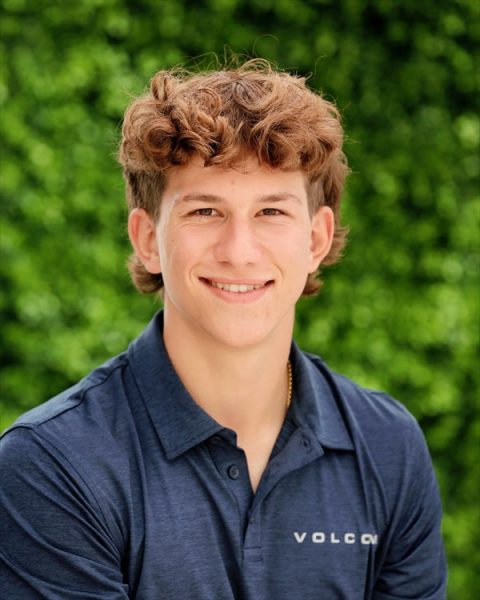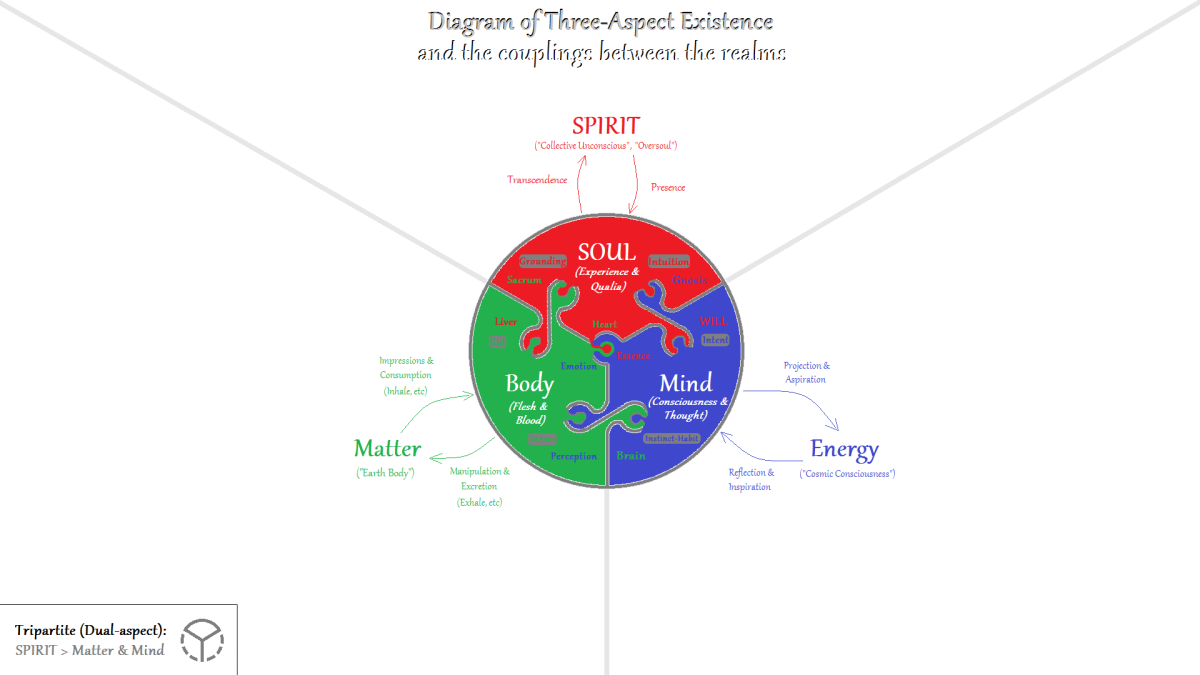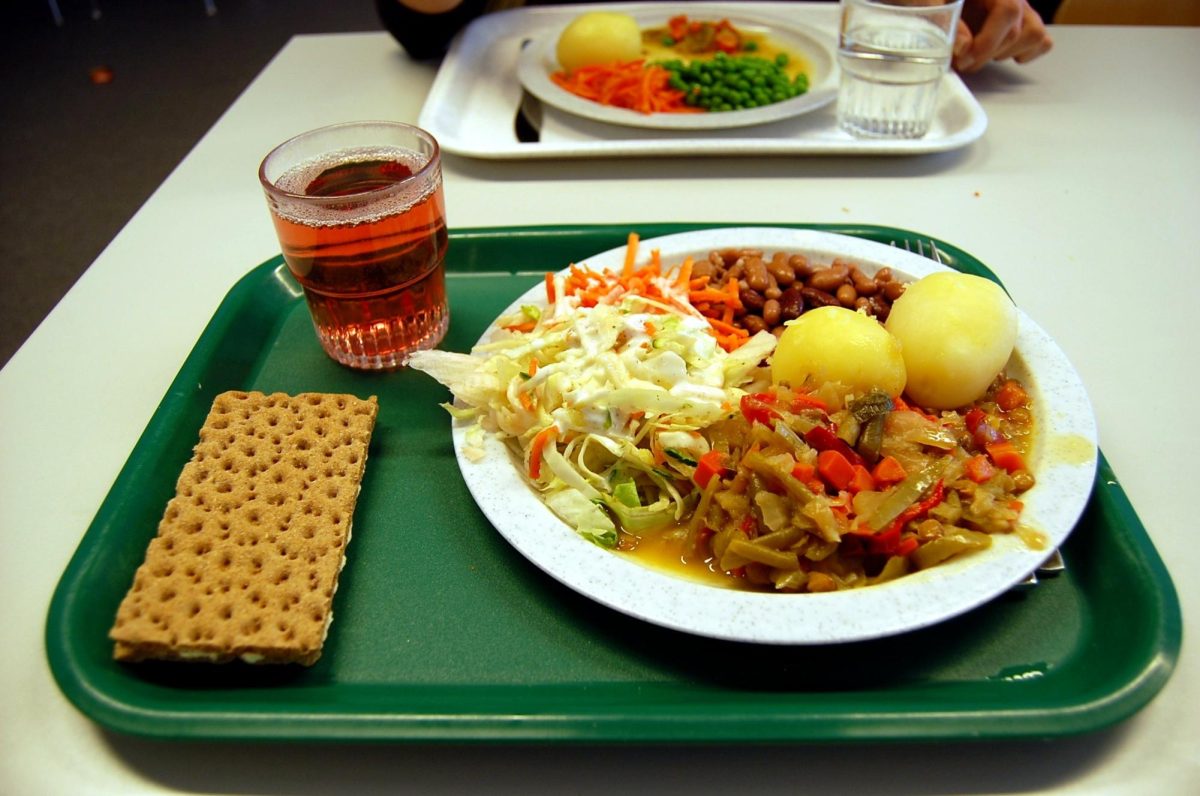Educators tackle promoting civil discourse
Students encouraged to reason through opinions
May 21, 2020
In a time of an increasingly polarized electorate, many teachers are taking on the challenge of presenting multiple viewpoints and promoting reasoned political discourse.
“I’m always asking the kids to doubt,” history teacher Karen Fry said, “not only what they’re reading, but to doubt what I’m saying and come up with their own opinions and arguments.”
Some students say they come into the classroom wanting to learn about current events objectively.
“Students should be aware of what’s going on in the world without necessarily having a political commentary attached to that information,” senior Neo Kounalakis said. “There can often be a certain bias towards how certain information is presented and received in the classroom.
Students say they can become uncomfortable when teachers show favor toward a political side.
“My political views are very different from the majority of people in the community,” junior Monty Buesnel said. “I feel as if I can cause members in our community to see me in a different way, a way I don’t want to be portrayed in.”
Some teachers say they combat students feeling excluded for their views by emphasizing reasoning for an opinion, rather than the opinion itself.
“I repeatedly tell my classes that I’m not concerned with their conclusions,” history teacher Jason Konik said. “Rather than focus on conclusions and their consequences, I ask students to focus on their process and the evidence they used.”
Some teachers separate facts from biases by withholding their opinions from students.
“I always act as a referee between student opinions,” history teacher Michael Buckley said. “I never reveal my own opinion about political issues in the classroom.”
Teachers who do present their perspectives say they do so out of respect for their students and try to keep them separate from the facts.
“If I want them to give me the respect and say, ‘I want you to share your opinion,’” Fry said, “then I feel like if they ask me my opinion, I have to give them that same respect to an extent.”
Even with the current heated political climate in the United States, Buckley, who is also the Chair of Community Life, says he encourages respect among students and teachers.
“I’ve had a couple of different opportunities to talk to kids about how to be productive in putting forward political opinions,” Buckley said. “It’s hard to actually have a discussion with a real human being who almost certainly has a nuance in their perspective.”



